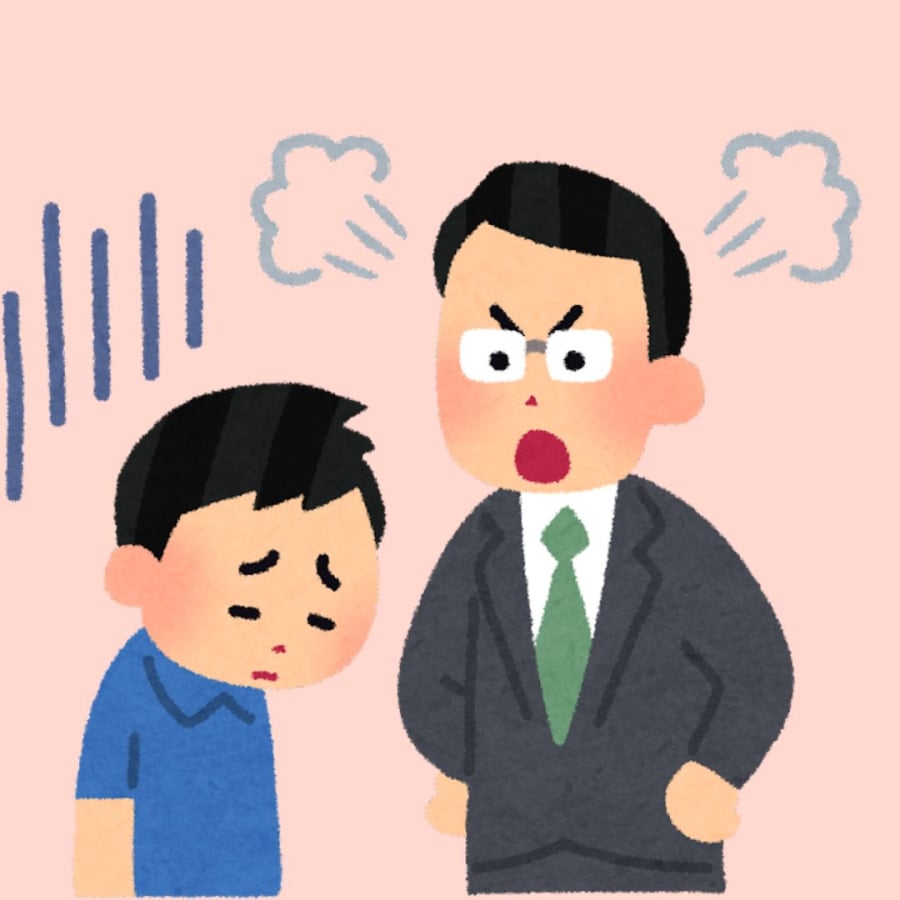Words play a crucial role in a child’s upbringing, and parents need to be mindful of the impact their everyday language has on their children’s development. The following are phrases that psychology experts advise against using with your children, as they may inadvertently hinder their growth and potential.
1. “You can’t do anything right!”
This is one of the most damaging things you can say to a child. By bluntly denying their capabilities, you instill self-doubt and low self-esteem. Over time, a lack of confidence will hinder their efforts to improve.
Instead of outright denial, try offering guidance and encouragement: “You need to put in a little more effort in this area,” or “I believe you can do better next time.”

2. “Why can’t you be more like so-and-so?”
Comparing your child to others is a double-edged sword. It doesn’t help them improve and can make them feel unloved and not good enough.
Every child is unique, with their own abilities and development pace. Acknowledge their efforts rather than focusing on their weaknesses or someone else’s achievements.
3. “Be quiet! You don’t know what you’re talking about!”
By saying this, you’re denying your child’s thoughts, emotions, and right to express themselves. This can lead to a lack of self-confidence in communication and a reluctance to share their thoughts and feelings.
If you want to nurture their emotional intelligence and communication skills, listen to them respectfully. Ask questions, prompt, and encourage them to express their thoughts and ideas to foster independent thinking.
4. “If you don’t behave, I’ll leave you!”
This is a dangerous psychological threat that instills a fear of abandonment in your child. They need to feel assured of your unconditional love, even when they make mistakes.
Instead of threatening, explain why their behavior is wrong and guide them on how to correct it. Love and positive discipline are the foundations for your child’s healthy development.

5. “I’m busy! Don’t bother me!”
While you may genuinely be busy, constantly saying this to your child will make them feel unimportant and unloved. When their emotional needs are not met, they may seek attention in negative ways.
If you’re occupied, gently say, “I’m working on something, but I’ll be done in 10 minutes, and then we can play together.” This teaches them patience and respect.
6. “I’m disappointed in you!”
This statement denies your child’s entire being instead of focusing on a specific misbehavior. It doesn’t help them recognize their mistake but instead makes them feel rejected.
Focus on the behavior: “I’m not happy with what you did today, but I know you can do better.” This way, they still feel loved and motivated to improve.
7. “Never mind, I’ll do it myself!”
While it may be quicker to do things yourself, this habit denies your child the opportunity to learn and develop skills. They need to be allowed to try, make mistakes, and overcome challenges to grow.
Be patient and let them take on small tasks like folding clothes, tidying their desk, or preparing their school things. These experiences teach independence, responsibility, and confidence—core elements for future success.
Words have immense power in shaping a child’s personality, thinking, and self-worth. They can either motivate or hinder your child’s potential. Investing in your child’s future involves more than just money or education; it’s about understanding, listening, and choosing positive communication.
Start with small changes in your everyday language to pave the way for your child’s bright future.
































